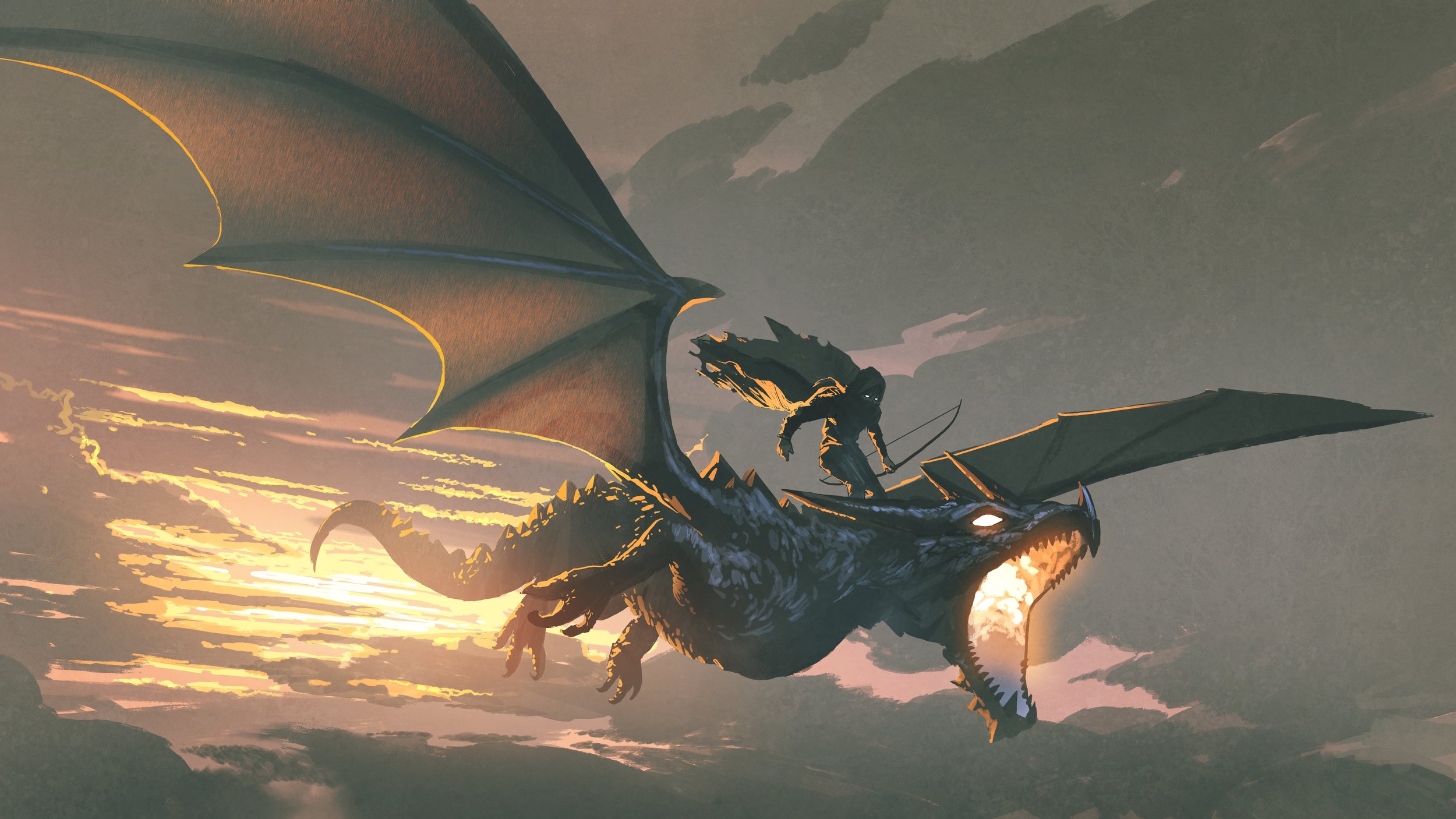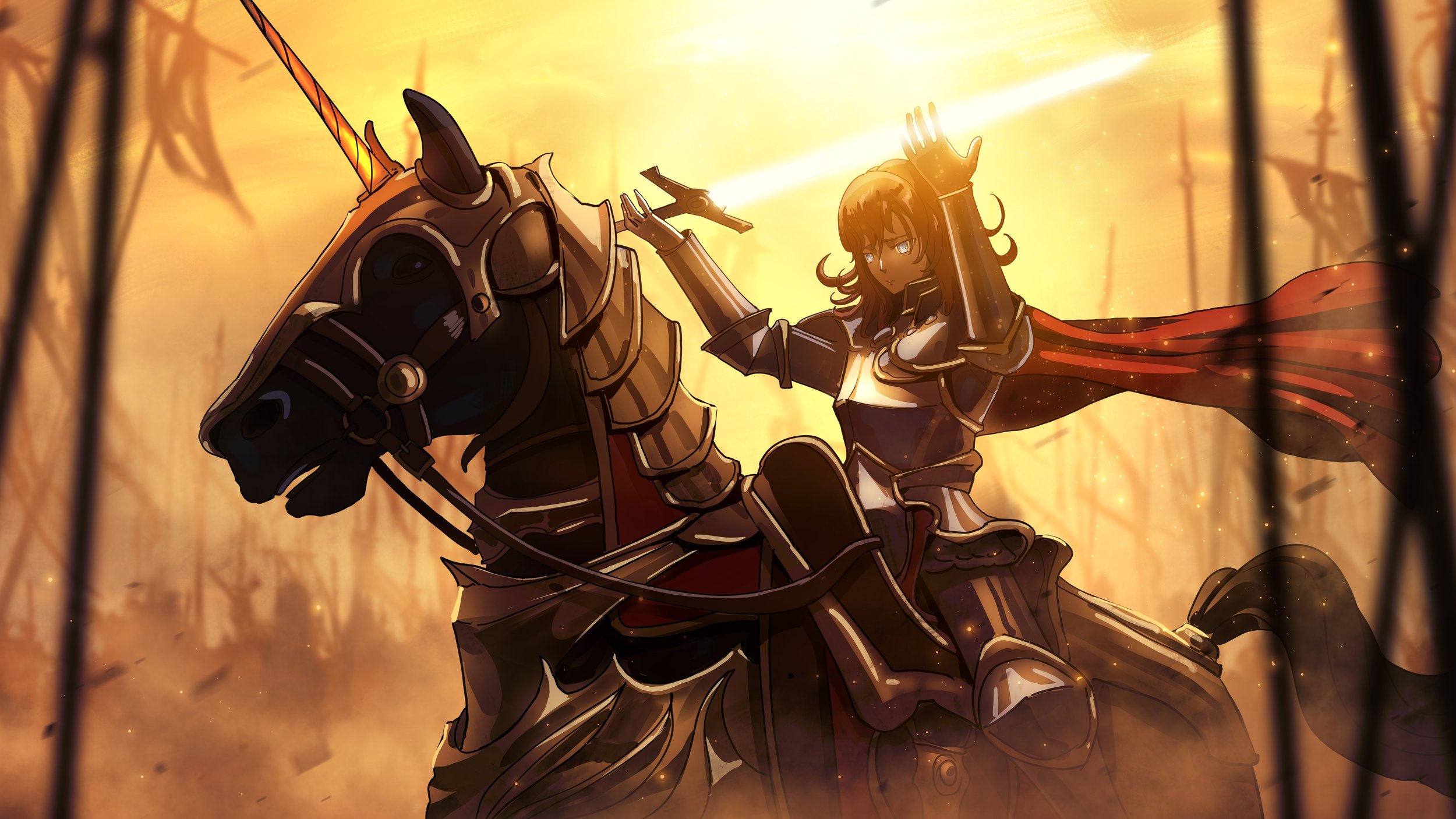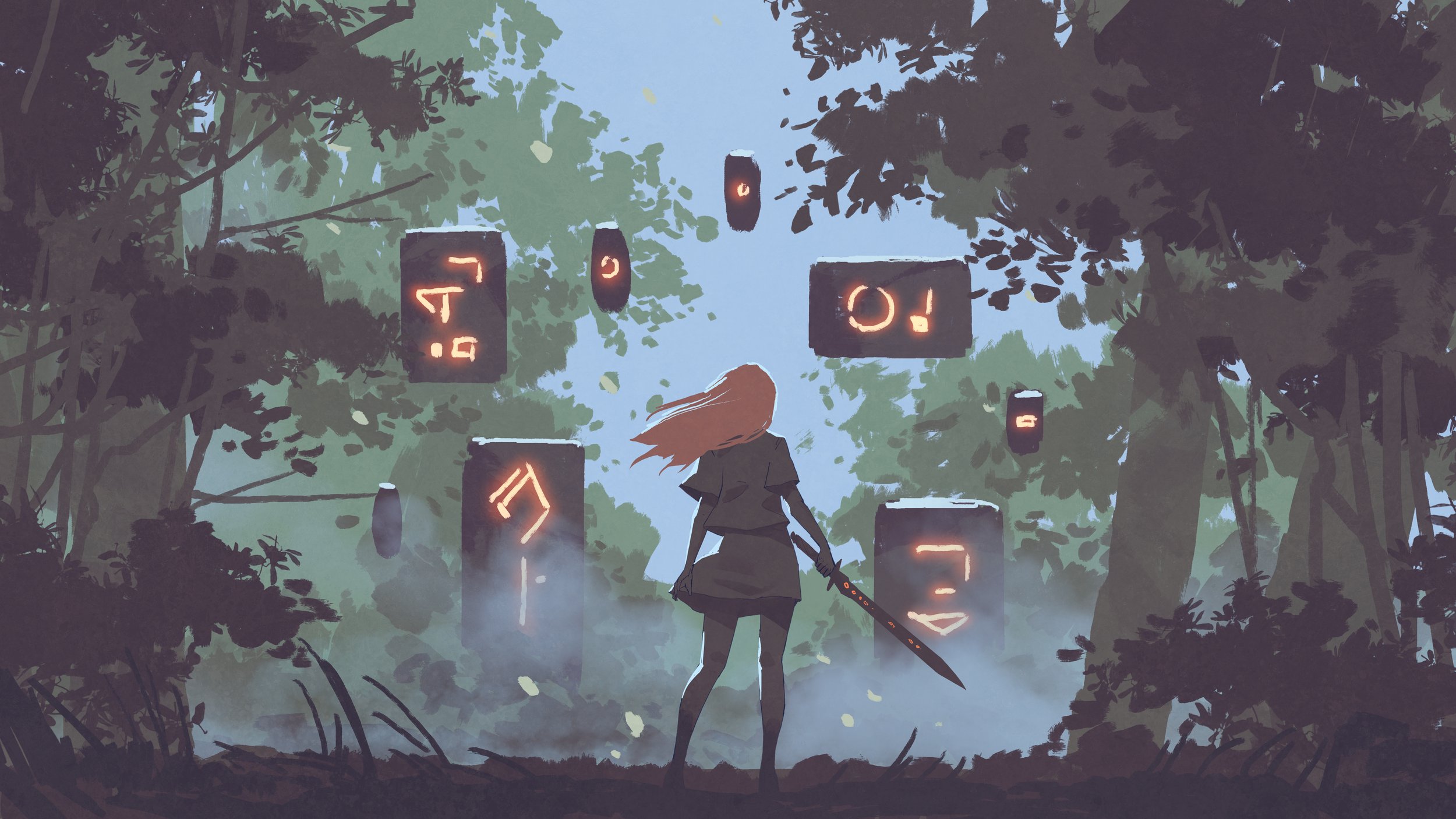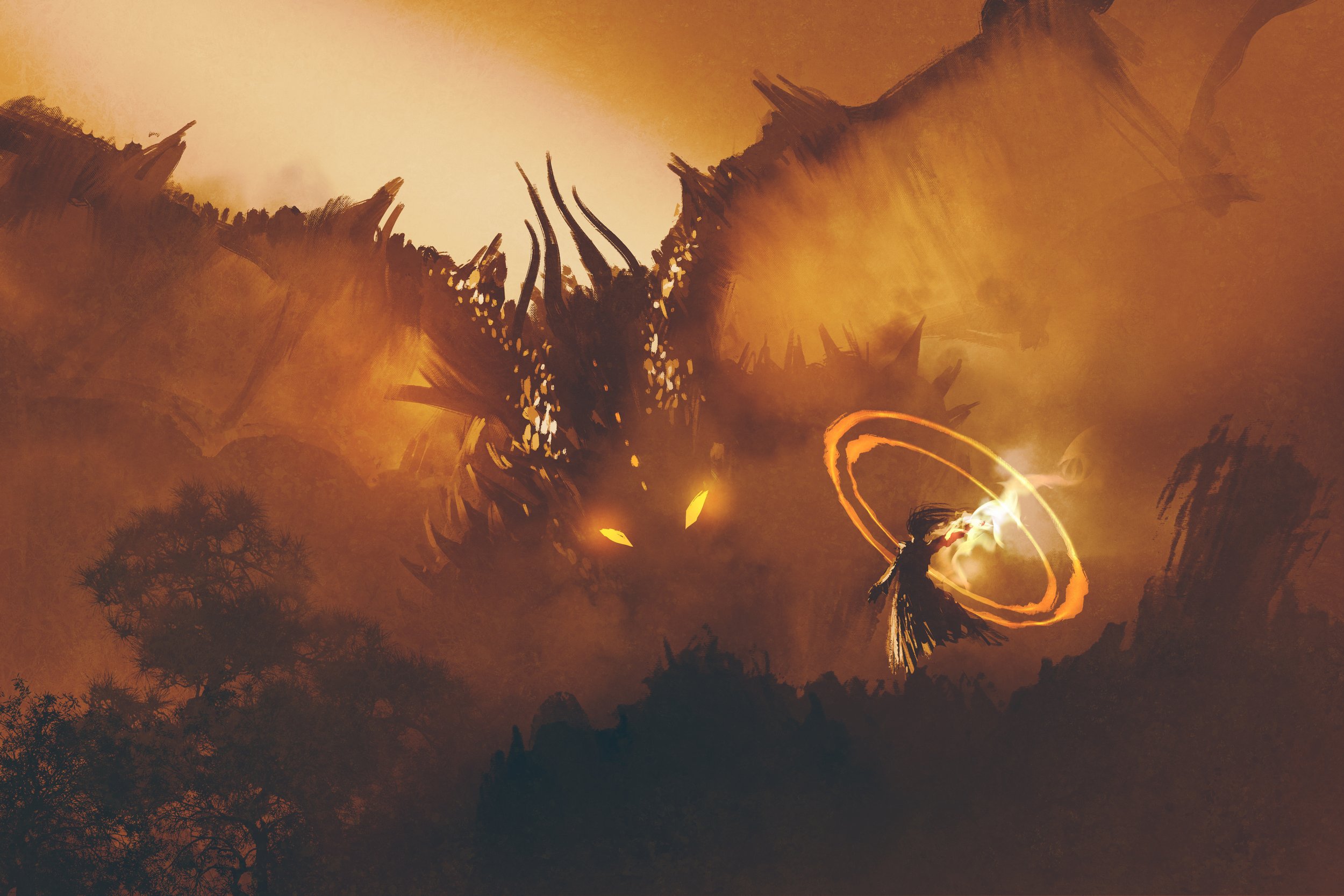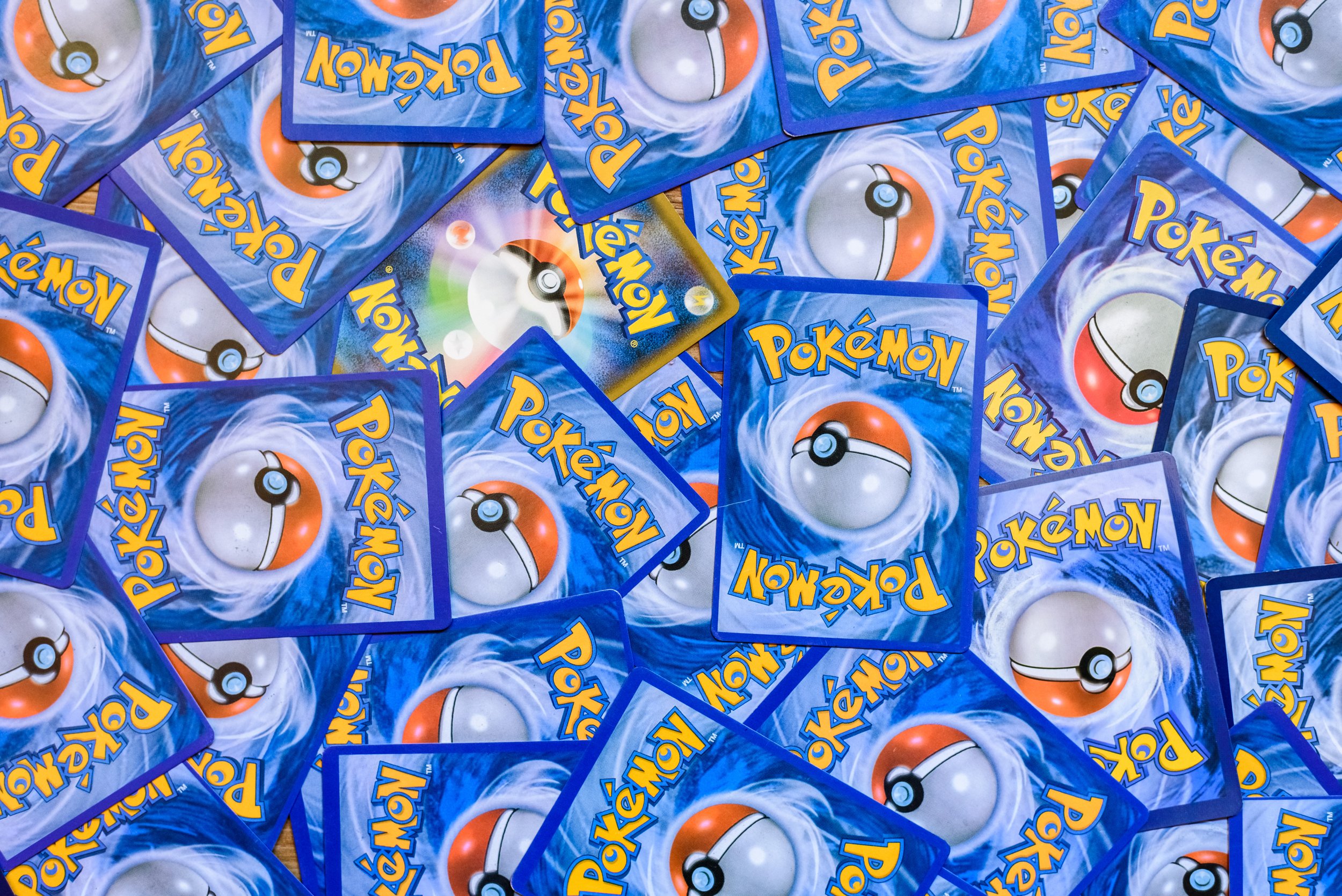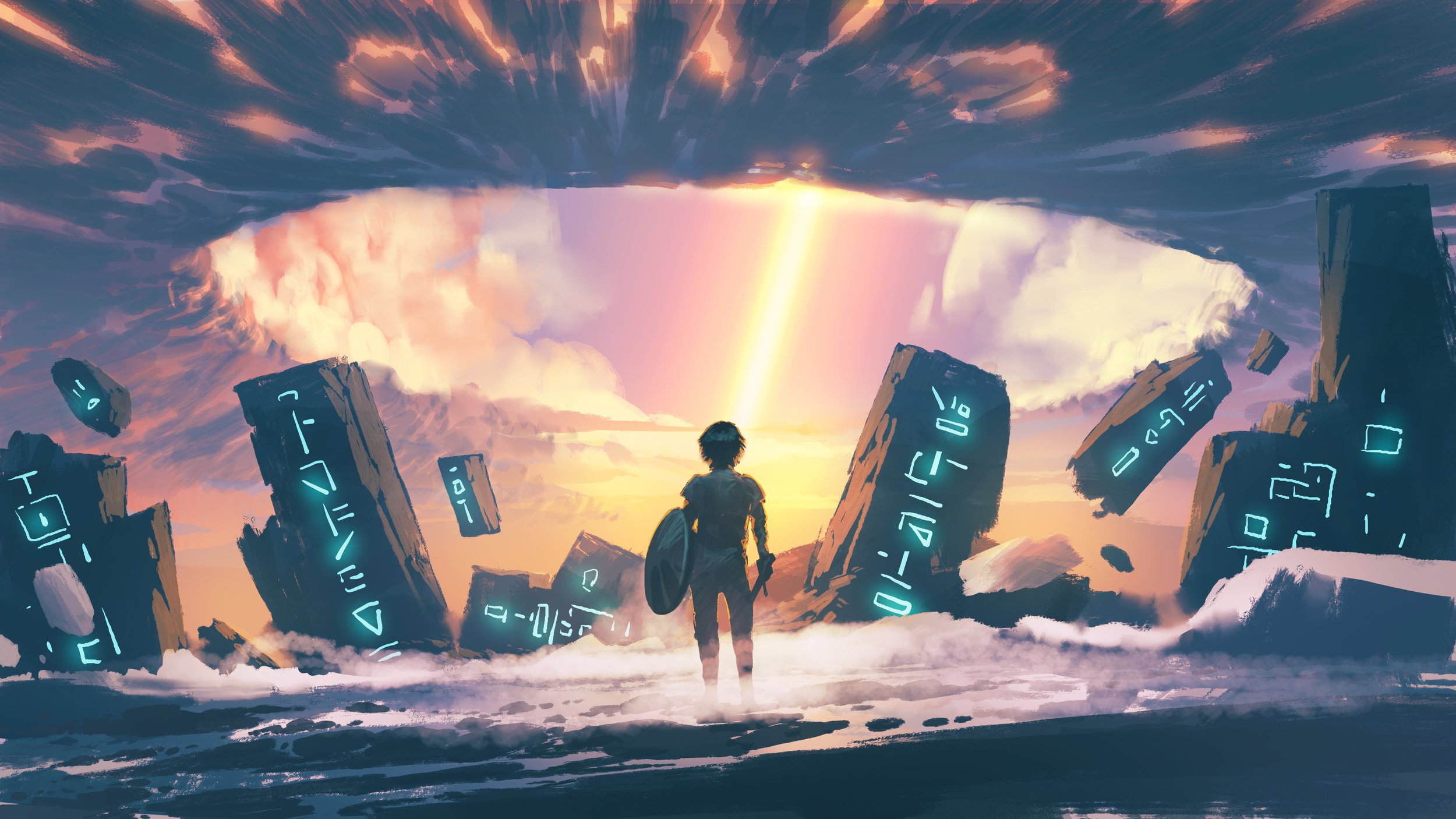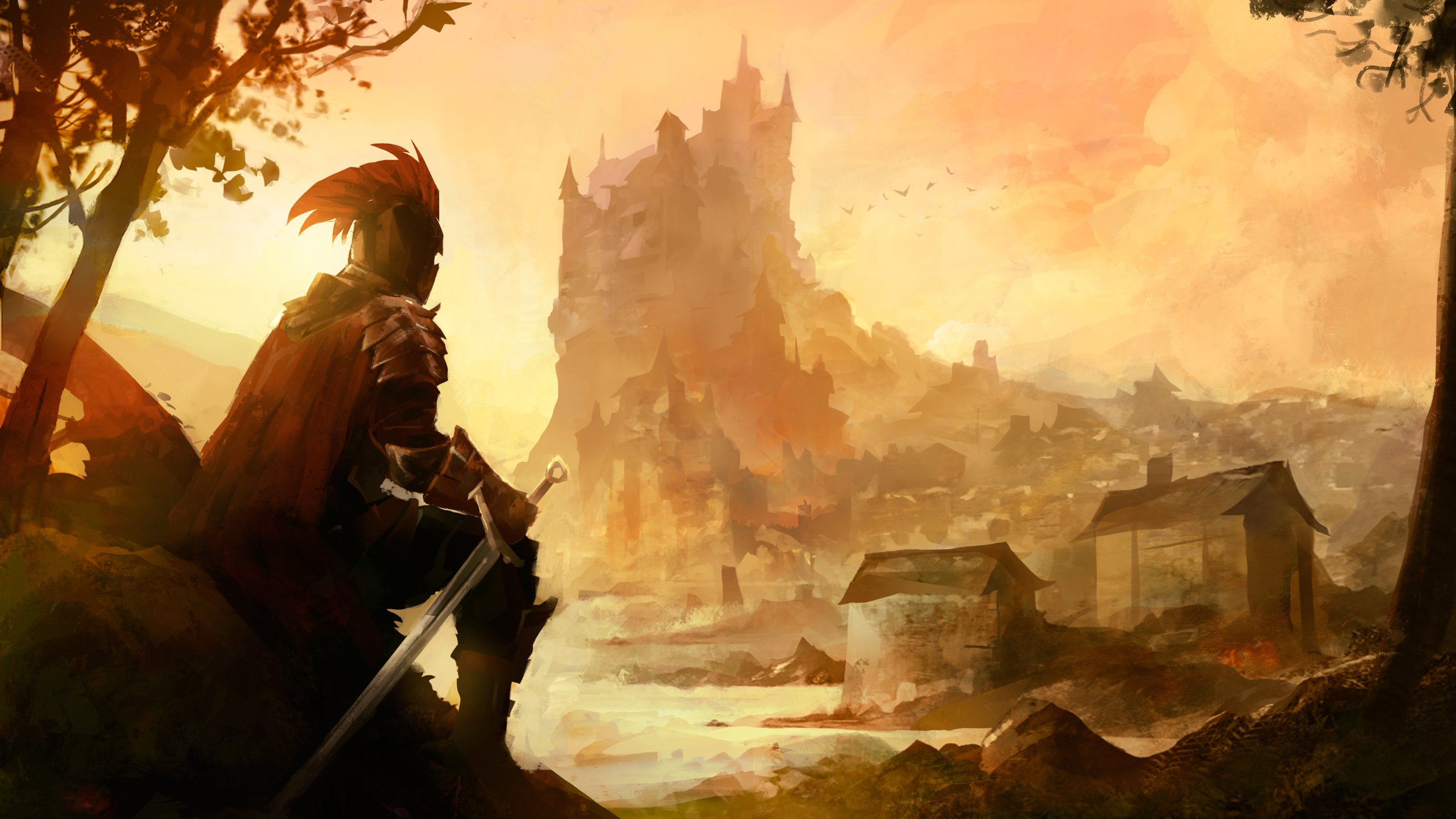10 Rules of Life That I Learned from Gaming
Life lessons from video games and RPGs
Whether it’s video games or tabletop RPGs, I love gaming. Gaming lets me do all the fantastic things I wish I could do in the real world, from fighting dragons, exploring alien landscapes, or performing superhero feats. But after I put away the controller or pack up my dice, the lessons that I learned in the fantasy worlds of gaming carry over into my more mundane reality. Here are the ten life lessons that I learned from gaming.
Leveling up is the key to moving forward
In gaming, experience points are the key to success. We gain XP by fighting monsters, completing quests, solving puzzles, and other mechanics depending on the game. And most importantly, XP is used to level up. Leveling up allows us to gain new skills and abilities, unlocks areas of the map, and take on new quests. It’s the main way that we can advance as players.
An important value learned in playing gaming is that it’s just as essential to level up in real life too. Like in games, we need to work on our character to grow and advance. By learning new skills, we can unlock new hobbies and interests. By advancing our abilities, we uncover new career paths and opportunities. And working on ourselves through personal development can allow us to handle obstacles and find hidden opportunities with greater ease.
Sometimes, we encounter an area or monster beyond our current level and abilities in a game. But a life lesson that I learned from video games is that no monster is unbeatable. We may need to back off and gain a few levels before trying again, but eventually, we will succeed.
When things are too difficult or seem impossible, it’s not a reason to quit in real life. It may signify that we need to work on our skills and level up some first. But eventually, we can come back greater and stronger and take on the challenge with ease. (Read more in Is Life an RPG? Why We Should Treat Life Like a Roleplaying Game.)
“If life just got a little harder, that probably means you just leveled up.”
- Anonymous
Keep an eye on your hit points
Hit points are critical in gaming, whether it’s fighting a ghoul or surviving a fall. Usually, our total HP increases as we progress through the game and level up. Only then can we take on the bigger monsters and challenges that would one-shotted us when we were lower level. Hit points are the primary statistic that we’ll be watching during any battle or challenge. And as we adventure, we boost up our health whenever possible with potions, rests, and skill points to keep our HP stats as high as possible.
Many of us don’t pay as much attention to our health points in real life. Yes, we may go to the doctor when we’re sick. But on a day-to-day basis, we don’t focus on our HP. We’ll stay up late and not get the whole 8 hours needed for a long rest. We’ll eat foods that are bad for us, skip the gym, and otherwise do little to boost our personal health points.
But have you ever taken on a boss fight with an only partially filled HP bar? It’s far more difficult and a much greater risk to our character. What about a game like Stardew Valley? There, your HP points determine how many tasks can be completed in a day. Starting with a half-filled health bar means half of those daily chores will be left undone.
In real life, being healthy means accomplishing more mentally and physically. Maintaining our health means that it may be easier to deal with whatever obstacles and personal challenges we encounter. Focusing on our hit points means getting the necessary sleep, eating well, and exercising. It means taking the time for self-care and paying attention to our general health to have the maximum HP levels daily every day.
"The harder you have to try, the more points you deserve!"
- Oregon Trail
It’s dangerous to go alone.
Whether an NPC companion or other players in an adventuring party, gaming is often about working with others. From world bosses to dungeons, difficult challenges are easier when working as a team. And even if we play like SAO’s Kirito, soloing all the dungeons and battles, we still interact with other players and NPCs in the towns and communities of games. Virtual worlds are full of socialization and interactions with others.
We may not go looking to join an adventuring party when facing a difficult situation in the real world. But working with others can make tackling projects or problem-solving easier.
Another video game less is that soloing missions often take longer. Yes, with the right mix of skills and potions, we might be able to take on the dungeon alone, but it’s a bit of a crawl. While facing it as a group, you may be able to succeed in half of the time.
Working with others in real life is much the same. Tackling a big project is much easier and faster when dividing the work between many. And having many points of view and experience is beneficial when trying to solve a difficult challenge.
Many of us feel that we have something to prove in life and think we must do everything ourselves in the real world. But at the same time, most of us wouldn’t think twice about joining a group to complete a dungeon in a game. Teamwork is just as important in this world as those of fantasy. (Read more in Real Life Party Members and Traveling Companions.)
We can’t level up by staying in our comfort zone.
Many games have a starter area. It’s the place where our character’s story begins. There, the quests are mainly focused on learning how to play the game, and the monsters present are low-level. As new characters, we’ll gain some XP and level up. But quickly, there is little to any challenge, and any XP gains will become essentially nonexistent. We’re not meant to spend the whole game there. The adventure only truly begins when we leave the starter zone and venture out into the more difficult areas beyond.
In the real world, we often will stay in our comfort zone longer than we should. It could be a job, a hobby, or a lifestyle. The tasks are familiar, it feels routine, and we aren’t challenged. It may feel safe, but we’re no longer learning anything or advancing there. Like characters that have grown beyond the newbie area, there is no longer experience points to gain. If we want to level up in the game of life, we have to be willing to try new things, new experiences, and task risks. Life is not meant to be played in our comfort zones.
"What is bravery, without a dash of recklessness?"
- Dark Souls
Grinding is just part of the game.
Grinding in gaming is doing repetitive actions or tasks to achieve experience points or special loot. It may mean doing repeatable quests, dailies, or finding the same type of monster over and over. It’s often the most tedious part of gaming but may be needed to level up.
Real-life is no different. We may have those daily household tasks of cooking or cleaning, perhaps administrative tasks at work that are boring, or a list of homework and study tasks that absolutely put us to sleep. But just like gaming, those tedious tasks help us to achieve our goals and level up. Household tasks may help to keep us healthy and give us a safe and clean environment. Administrative tasks may help us stay organized, and the business runs more smoothly. And repetitive study tasks can help us to retain the material better.
Grinding is often just a necessary part of the game, whether it’s real-life or fantasy.
However, if you find there is no excitement and life is only a grind, then it may be time to re-evaluate. If we only take dailies and repetitive tasks in a video game, it can start to get boring, and we’re no longer having fun. If life feels like that as well, it might be time to look at your quest log and see what you can work on next for a little more sense of adventure.
"Don't wish it were easier, wish you were better."
- Animal Crossing
Sometimes, the dice rolls aren’t in your favor.
A few weeks ago, I was playing a game of D&D, and our party of facing the big bad evil guy. This was the cumulation of weeks of play, and my character had their weapons ready for action. But no matter what, the dice were against me. Even when rolling with advantage, I got snake eyes. And while our party was eventually successful, my character was not the hero of the day.
Sometimes in life, things happen beyond our control. It is disappointing when we have prepared and trained for a big event or exciting challenge, and sometimes things fall apart and don’t go our way. Luck is not always on our side, and things outside our control happen. But we can’t let it stop us from moving forward.
While that game night was certainly frustrating for me, it didn’t mean that I quit playing D&D. The following session, I was back and ready to see what would happen next; my character posed for whatever came their way. Things will happen that we can’t always predict or control in real life. But we have to dust ourselves off and keep going anyway to face a new day.
“And another. That makes, I think, five critical failures on seven rolls tonight.”
- Wil Wheaton on Critical Role
There is more than one way to solve a problem.
In a tabletop RPG like D&D, the open-world concept allows almost limitless options when dealing with an encounter. The party may choose to talk their way out of a problematic situation or draw their weapons and engage. The rogue might pick the lock on the door, or the barbarian smash it open. Faced with an unknown object, a player can choose history, arcane, or investigation check to learn more.
Even in a video game like Assassin’s Creed, we can sneak our way to the objective, take out the enemies at a distance with a bow, or storm the gate and fight our way through. There is no single path to victory.
In real life, it’s common to get frustrated when what we’re doing isn’t working. But many of us will keep trying the same action again and again, even though we’re not getting the results we want.
And often, it’s poor choices that we’re repeating. Like holding on to negative habits, applying for jobs that we don’t really want, or spending time with people that don’t care or support us for who we are. We sometimes forget that we, too, have almost limitless options.
The next time something isn’t working, think if you could use a different skill check? Is there another path to achieving the objective? When we get frustrated in real life, sometimes it’s about finding another solution to solve the problem, just like in a game.
“In the darkest hour, there is always a way out.”
- Mass Effect 3
There is no wrong way to play.
In many games, we can choose our class and, as we level, which skills and abilities we will unlock and advance. Depending on the game, it may be possible for a cleric to heal and unleash brutal strikes upon the enemy. A barbarian may have the ability to rage but prefers to talk their way out of conflict. One player may choose invisibility to sneak through dungeons while another stomps through loudly in plate armor. We can sneak, smash, and use our charisma to get out of danger.
Just as our characters are unique, as players, we each have our preferences for playing. Some like to explore; others want to check off every side quest. Some gamers play for immersion and others for the thrill of a challenge and a good fight.
Like in games, each of us has a unique combination of skills and abilities that we have unlocked and advanced in our lives. And we each have our way of living life. But far too often, we often criticize others for not following the same path. We think that they are strange or odd or perhaps misguided if they want to live their lives differently than ours. But like in a game, there is no wrong path to success. There is no wrong way to live our lives. And often, our unique combination of skills makes us genuinely great player and teammate.
“Life is a game, kid! It all depends on how you play!”
- Mario
Follow the main quest.
One of my favorite parts of RPGs is the storylines. Our character advances from a low-level nobody to becoming the hero of the realm, defeating their enemies and overcoming great challenges along the way. We follow the story’s twists and turns as we gain XP and skills, taking on greater challenges and difficult battles as we progress. Through our characters, we become the great heroes of the story.
In real life, we also have a main quest to follow. Our values and purpose guide us to take on quests that will help us grow. We learn new skills and gain experience to accomplish our goals. And with time and dedication, we, too, can become the hero of our own life story. (Read more in Getting Back to Your Main Quest – Finding Balance Between Life’s Side Quests and Fulfilling Your Purpose.)
"Human beings can choose the kind of life that they want to live. What's important is that you choose life... and then live."
- Metal Gear Solid
Life is a game.
Gaming is fun. Even when we’re facing a difficult dungeon, or it’s the tenth time trying to defeat that world boss, we still are having a good time. Sometimes a game gets frustrating. Sometimes the dice are not in our favor. And there may even be times that we need to walk away to take a break and walk away. But we keep coming back because we enjoy gaming, and it’s fun.
We shouldn’t see real life as any different. Sometimes, it’s hard, or perhaps it feels like a grind. There are times when we may not yet have the skills that we need to accomplish our goals. Maybe, there are so many twists and turns in our storyline quest line that we can’t see where we’re going or who we will become. But life is meant to be played like a game. If I have learned nothing else from gaming, life as a game is to be enjoyed and fun.
"What is a man but the sum of his memories? We are the stories we live! The tales we tell ourselves!"
- Assassin’s Creed Brotherhood
What life lessons have you learned from gaming? Do you agree with this list? We’d love to hear your thoughts and ideas. Please share in the comments below.
Author:
Laurie Trueblood is a writer and life coach that enjoys fantasy, science, psychology, and everything nerdy. As the founder of Adventures to Authenticity, her mission is to help others level up and become the best versions of themselves.
Read more on living life as a game: Check out the Real-Life Questing and Is Life an RPG? Why We Should Treat Life Like a Roleplaying Game



